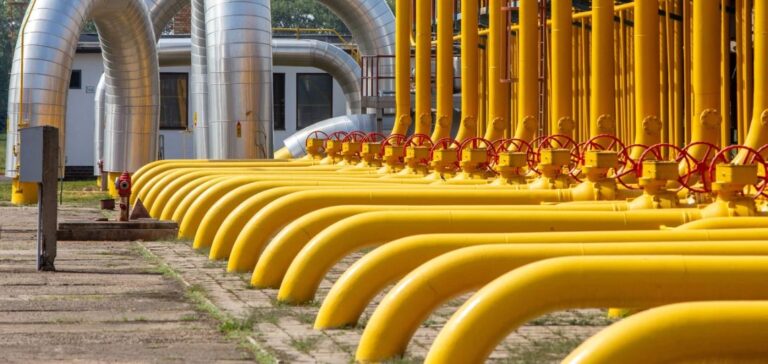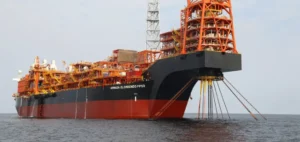The Moldovan government has announced that it will authorize the transit of gas to the breakaway region of Transnistria, provided that several conditions set by Chisinau are met. This decision comes as Transnistria rejects European financial aid aimed at securing its energy supply.
Conditions Imposed by Chisinau
Moldovan Prime Minister Dorin Recean specified that gas transit via Hungary would only continue if Tiraspol complies with several requirements. These include the release of political prisoners, resolving disputes related to the Rybnitsa lyceum, and maintaining the broadcast of Moldovan public television in the region.
Additionally, Moldova demands the removal of control posts set up by Transnistrian authorities in 2022. Of the 33 established, 11 remain active, representing a point of contention between Chisinau and Tiraspol.
Uncertain Energy Supply
Dorin Recean emphasized that this measure does not constitute an agreement between Moldova and Russia but is a governmental authorization intended to prevent the region’s inhabitants from being left without heating. However, he warned that uncertainty remains regarding the future of gas supplies for Transnistria.
Despite the removal of the transit obstacle, the breakaway region continues to face energy vulnerability. Dependence on external supplies and the lack of long-term agreements raise questions about the region’s energy stability.
Rejection of European Aid
While Transnistria faces increasing energy difficulties, the region’s authorities recently declined a €60 million grant offered by the European Union. This aid, part of a broader strategy supporting Moldova’s energy integration, aimed to ease the pressure on the region.
The fund was part of a larger €250 million program planned for 2025, including a direct €100 million contribution from the EU by April. According to the Moldovan government, this proposal could have reduced Transnistria’s energy dependency and limited external pressures.
A Strained Energy Situation
Rejecting this aid places Transnistria in a precarious position, with an uncertain energy management outlook. By turning down EU funding, Transnistrian authorities seem to prioritize alternatives that maintain political leverage over securing the region’s energy sector.
Meanwhile, Moldova continues its strategy of energy integration with the European Union, relying on a broader framework to secure its supply and reduce dependency on external players.





















